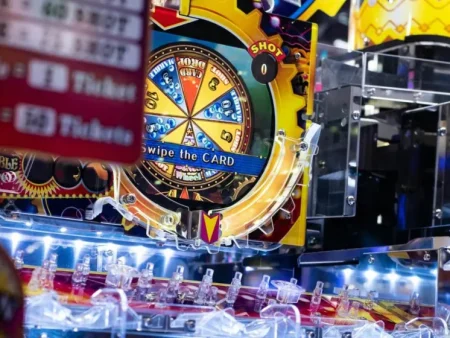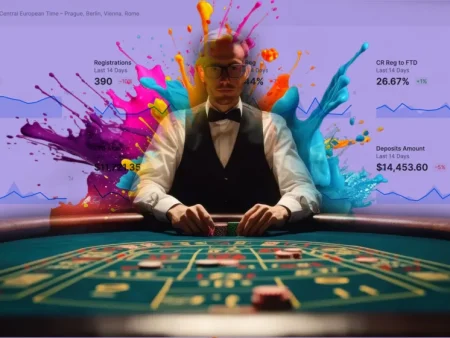During the NEXT Summit Valetta, on a panel called ‘The Current State of Gaming in Finland’, an important announcement was made within the discussion at the Markets and Emerging Jurisdictions conference track.
An intriguing statement by Hagelberg was that, despite the uncertainties, he’s confident of the same timeline he’s been suggesting – licenses will be granted starting from September 2026.
The Veikkaus executive radiates optimism for the future of the company after the market’s inauguration.
“Our knowledgeable team, including new hires from enterprises like Kindred and PokerStars, is contending with a plethora of changes and developments across many sectors. The agenda is quite full,” said Hagelberg.
As Finland prepares to unveil its regulated market, the government is equally steadfast in its intent to roll out the novel system by 2026 at the latest.
This evolution marks a deviation from the incumbent monopoly structure where Veikkaus, the state-owned entity, enjoys exclusive privilege for offering iGaming and sports betting.
The present structure often fails its channelization goals, with most revenues still generated from the unregulated segment.
Contentious issues concerning PSP blocking
Antti Koivula, a Legal Gaming Attorneys advisor and Finnish market authority, hinted that some form of PSP payment blocking might persist under the revamped system.
This mechanism, which originated in 2023, has been a recurrent subject of protest from different stakeholders for its ineffectiveness.
Senior legal counsel at Zimpler, Ario Mansoori described the system as feasible “in principle,” but highlighted lingering uncertainties.
Not a single entity is currently listed on Finland’s National Police Board’s (NPB) PSP blocking blacklist.
BML Group, Betsson’s parent company, was relegated to the blacklist in February, the first to do so, following a ruling by the Helsinki Administrative Court.
The company challenged the judgement, which resulted in the Supreme Administrative Court putting a hold on the execution of the ruling until the case is finalized.
Mansoori added, “When the licensing framework gets underway, it will complicate matters for operators as it would not be as simple as changing companies. An active Finnish license would be a requirement.”
Expected new marketing limitations in the renewed system
Political conversations in Finland regarding potential marketing restrictions have seen a positive shift since March, as suggested by Koivula.
Senior affiliate manager at Ebet, Mikko Post voiced agreement with this view, but cautioned that influencers and streamers could be subject to strict regulations.
A properly functioning system, he added, would see the government focusing on areas where underage users are most prevalent, such as certain social media platforms.












